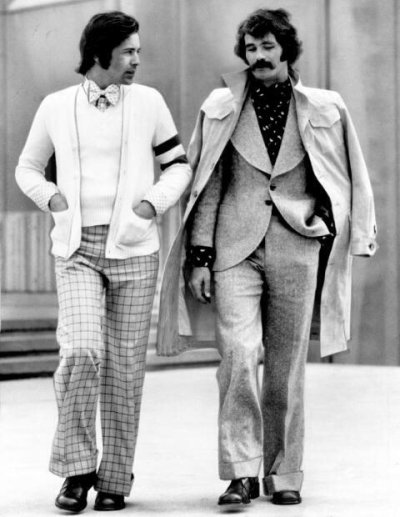Unfortunately, relatively recent history would suggest that what you do with 50 million unemployed people is go to war or at least seriously prepare for it with 1930's Germany and the post-WWII Soviet Union as examples of the former and the latter. This is another reason that the entire situation is so dangerous. And with the products that I see coming out of China, I don't think that the West will be able to count on technological superiority and certainly not numbers.
As far as petroleum production goes, I'm skeptical and would think that we may have to hope for efficiencies and perhaps a few technological breakthroughs in this area. One of the things that I shake my head at is the huge resistance to wind power in my region when it is apparent that China (with it's limited oil reserves) is building gigantic wind farms and produces some of key resources in the manufacture of the turbines.
As far as petroleum production goes, I'm skeptical and would think that we may have to hope for efficiencies and perhaps a few technological breakthroughs in this area. One of the things that I shake my head at is the huge resistance to wind power in my region when it is apparent that China (with it's limited oil reserves) is building gigantic wind farms and produces some of key resources in the manufacture of the turbines.


